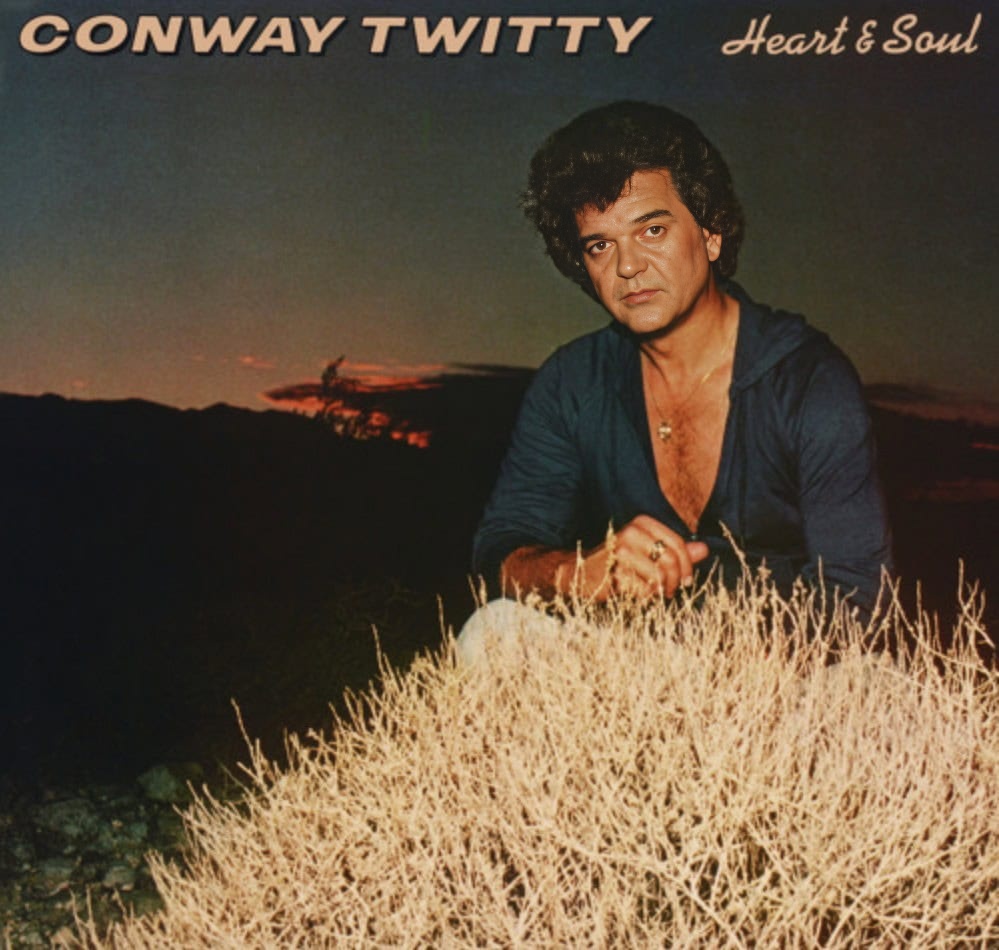
“It’s Only Make Believe,” released in 1958, is arguably Conway Twitty’s signature song and the one that propelled him to international fame. Before transitioning to country music, Conway Twitty, born Harold Lloyd Jenkins, was a burgeoning rock and roll star. This hit, with its distinctive blend of rockabilly energy and a heart-wrenching narrative, showcased his dynamic vocal range and stage presence.
The song itself became a massive success, topping the Billboard Hot 100 chart for two weeks and selling over eight million copies. It quickly achieved gold record status and cemented Twitty’s place in music history. While “It’s Only Make Believe” was released before the establishment of formal awards ceremonies like the CMAs or ACMs in the country genre where Twitty later dominated, its impact on the music landscape is undeniable and paved the way for his future accolades.
Lyrically, “It’s Only Make Believe” explores the painful dichotomy between outward performance and inner turmoil. The singer is deeply in love, but the object of his affection sees their relationship as nothing more than a game, a charade. He puts on a brave face, pretending it’s just “make believe” while secretly yearning for her genuine affection. The vulnerability conveyed through Twitty’s impassioned vocals resonated deeply with listeners.
“It’s Only Make Believe” struck a chord with audiences across generations. Its universal theme of unrequited love and the struggle to maintain appearances in the face of heartbreak has made it a timeless classic. Even today, online forums and comment sections are filled with testimonials from listeners who connect with the song’s raw emotion. Many describe the song as a perfect encapsulation of the pain of loving someone who doesn’t reciprocate those feelings, proving its enduring emotional power.